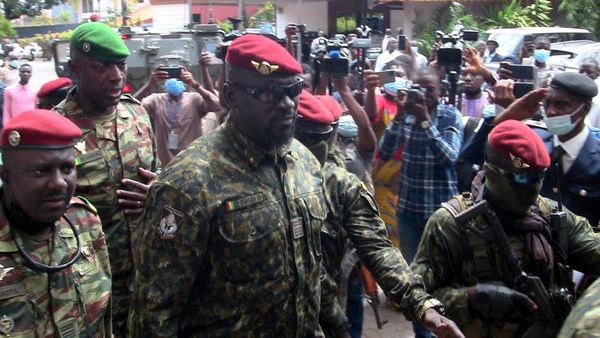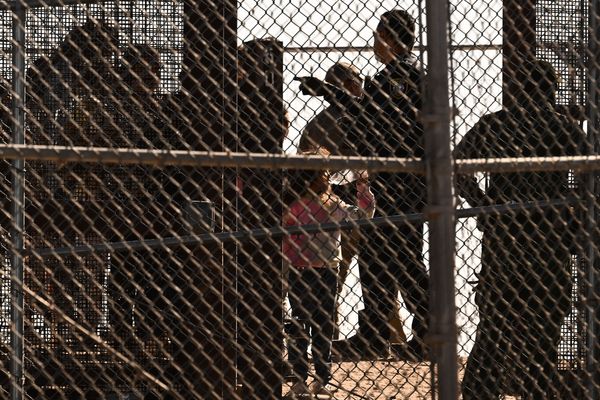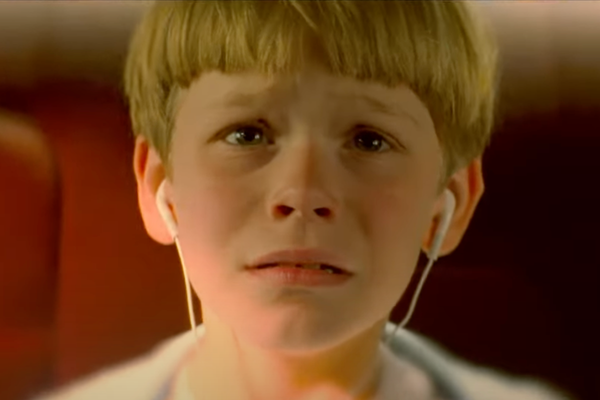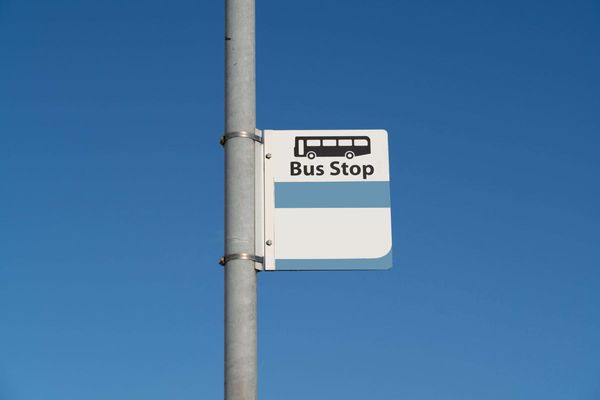
Majuro (Marshall Islands) (AFP) - Thousands participated this week in a lavish ceremony in the Marshall Islands marking the first formal coronation of a paramount chief in around 50 years.
The colourful event, which also attracted thousands of viewers on social media, saw Michael Kabua crowned "Iroojlaplap", or paramount chief, on Thursday night as warriors and guests from the 12 atolls and islands he oversees gathered in a show of respect.
The coronation, held on the small island of Ebeye in the Kwajalein Atoll, is known as a "Kailoojoj" in Marshallese -- a ceremony reserved only for paramount chiefs.
It was the first coronation for the royal family since Kabua’s cousin, Iroojlaplap Joba, who died in 1982, ascended to the throne in the 1970s.
The blowing of a conch shell heralded each stage of the elaborate ceremony, which featured islanders wearing traditional headdress and woven mat clothing.
The red carpet was also rolled out, with Marshall Islands President David Kabua -- Michael's nephew -- and members of his cabinet among the guests.
Michael Kabua assumed the title of Iroojlaplap following the death of his older brother Imata Kabua in 2019.
"Iroojlaplap Mike is the embodiment of our traditional leaders," said David Paul, who like Michael Kabua represents Kwajalein Atoll in parliament.
"He wholeheartedly believes the role culture should play in our everyday lives."
Paul praised the new paramount chief for his work helping to ensure the traditional system of customs co-existed alongside modern-day democracy.
"It goes to show the level of maturity of our culture," he said.
"Even though these systems contrast, they've been melded together here."
Although a sovereign country, the Marshall Islands -- with a population of just 60,000 -- depend on the United States for an estimated 40 percent of its budget.
A US military base on Kwajalein, home to one of America's most sophisticated missile defence ranges, housed dozens of guests attending the Kailoojoj.
America's long-term agreement with the Marshall Islands currently pays landowners, including Kabua, over $20 million a year for hosting the base.







